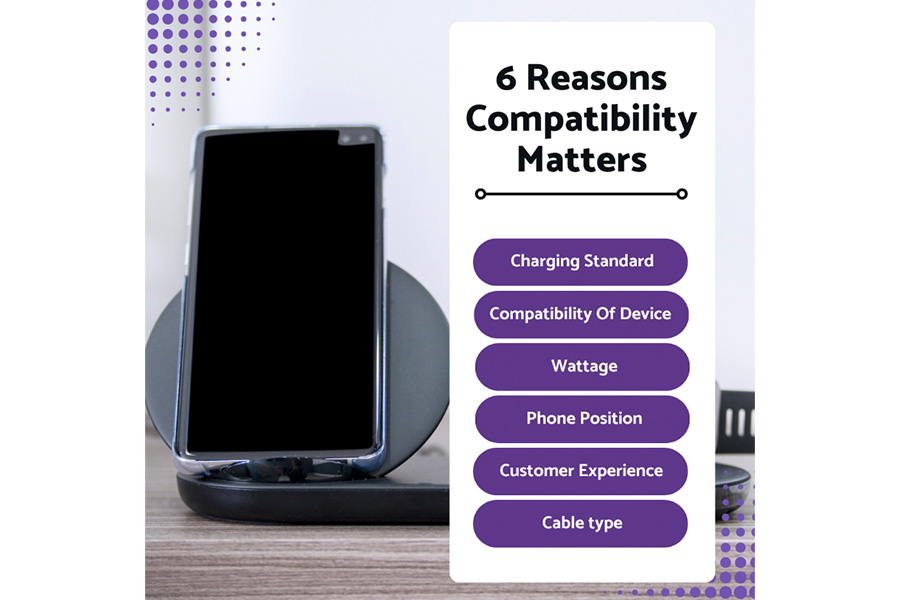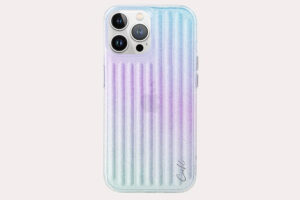
Compatibility Matters – 6 Tips When Choosing A Wireless Charger
Wireless chargers have been around for a while, but the market has been flooded with options recently, making it difficult to determine the right one for your device. Even with the right wattage and amperage, compatibility issues can still arise. Here are the reasons compatibility matters when purchasing a wireless charger in Singapore:
REASON #1: CHARGING STANDARD
First, consider the charging standard used by your device. Qi (pronounced ‘chee’) is the most common wireless charging standard in the market. This is the standard used by all major phone brands, including Samsung, Apple, and Google. If you’re not sure what standard your phone uses, a quick Google search or visit the manufacturer’s website will help you find out.
REASON #2: DEVICE COMPATIBILITY
Once you’ve determined your device’s charging standard, check if your wireless charger is compatible. Most wireless chargers on the market are Qi-compatible, but it’s always a good idea to double-check before purchasing your MagSafe portable charger. You can check the product description or the packaging to confirm compatibility.
REASON #3: WATTAGE AND AMPERAGE
It’s also important to pay attention to the wattage and amperage of your wireless charger. The wattage determines how quickly your device charges, while the amperage refers to the current. The higher the wattage and amperage, the faster your device will charge. However, be careful not to exceed the recommended wattage and amperage for your device, as this can cause damage to the battery.
REASON #4: PHONE POSITION
Another thing to consider is the position of your phone on the wireless charger. Some wireless chargers have a specific charging area that’s compatible with certain phone models. For example, some chargers are only compatible with phones that have a central charging coil, while others work with devices that have a coil at the top or bottom of the phone. Make sure you check the product description or packaging to ensure your device is compatible with the USB wall plug.
REASON #5: CUSTOMER EXPERIENCE
When looking to purchase a wireless charger, make sure to read reviews from other users. This can give you insight into their experience with the product and help you make an informed decision. You can also check with your device manufacturer to see if they have any recommendations or compatibility issues with specific wireless chargers.
REASON #6: CABLE TYPE
Lastly, it’s worth noting that some wireless chargers require a specific type of USB C or a lightning cable to work properly. Make sure you check the product description or packaging to ensure you have the right cable for your device.
Visit the website of Energea for more information.



